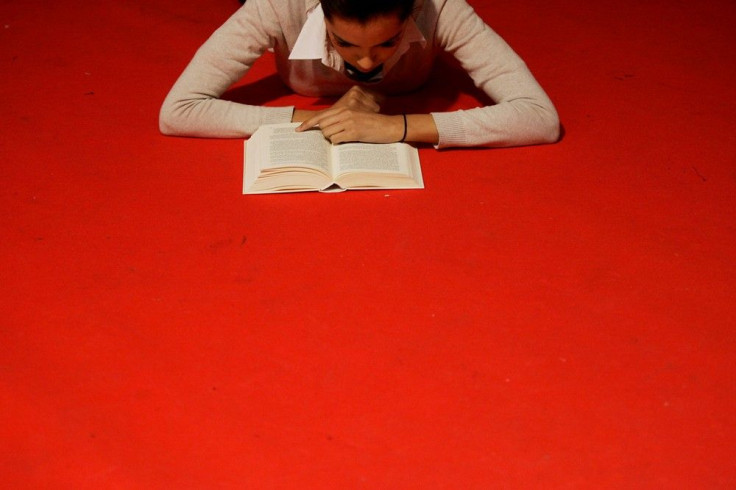There Is No Link Between Visual Impairment And Dyslexia, Study Finds

Improving eyesight in children does not offer help with treating dyslexia, according to a new study. A study, the first of its kind, looked into how visual problems were linked to dyslexia and scientists found that the link does not exist, Bristol University press release states.
The results from a study performed by a team of researchers from Newcastle and Bristol universities led to a doubt in the value of private treatments for visual correction that can incur added costs. The new research, published on May 25 in the journal Paediatrics, tested if the relation between eye problems and dyslexia is based on pure facts or simply a myth.
The scientists reviewed detailed eye exams of 5,822 children from southwest England’s largest population-based study, Children of the 90s. About three percent of the participants had severe dyslexia. The scientists then compared test results of severe dyslexic patients with other 5,650 participants of the same age who did not suffer from dyslexia.
The study found that dyslexic patients were less likely to suffer from eye-related conditions. More specifically, more than 80% of children who have dyslexia showed no signs of eye problems.
Cathy Williams, the study’s lead author and also a paediatric ophthalmologist said that the study did not aim to probe on possible dyslexia causes but only examined if the condition is connected to vision. She said in a report from Bristol Post that the results of the study should provide a “bigger picture” to show that dyslexic patients rarely have visual problems. Visual problems seen in dyslexic patients during the study were also observed in non-dyslexic patients, she said.
According to one of the co-authors of the study, Dr. Alexandra Creavin, the study findings should provide assurance to families of dyslexic kids that sight does not affect reading abilities. This means that parents can offer other options to help their child deal with dyslexia.
The findings have sparked doubts around different forms of assistance that focus on vision when it comes to dyslexia. Some forms of visual assistance include coloured filters used as reading aids or seeking alternative therapists for eyesight problems, which are expensive.
To report problems or leave feedback on this article, email: wendylemeric@gmail.com.





















